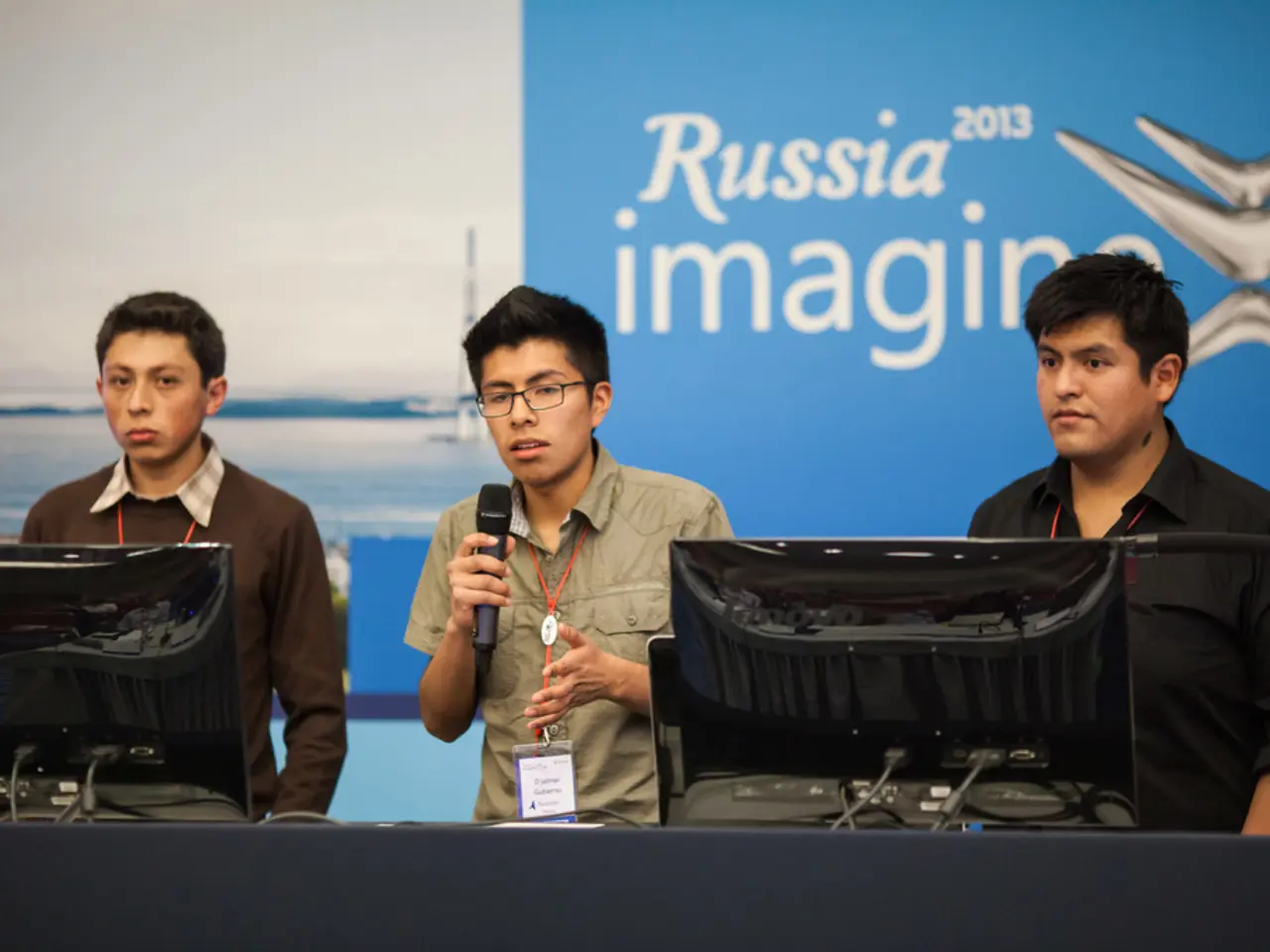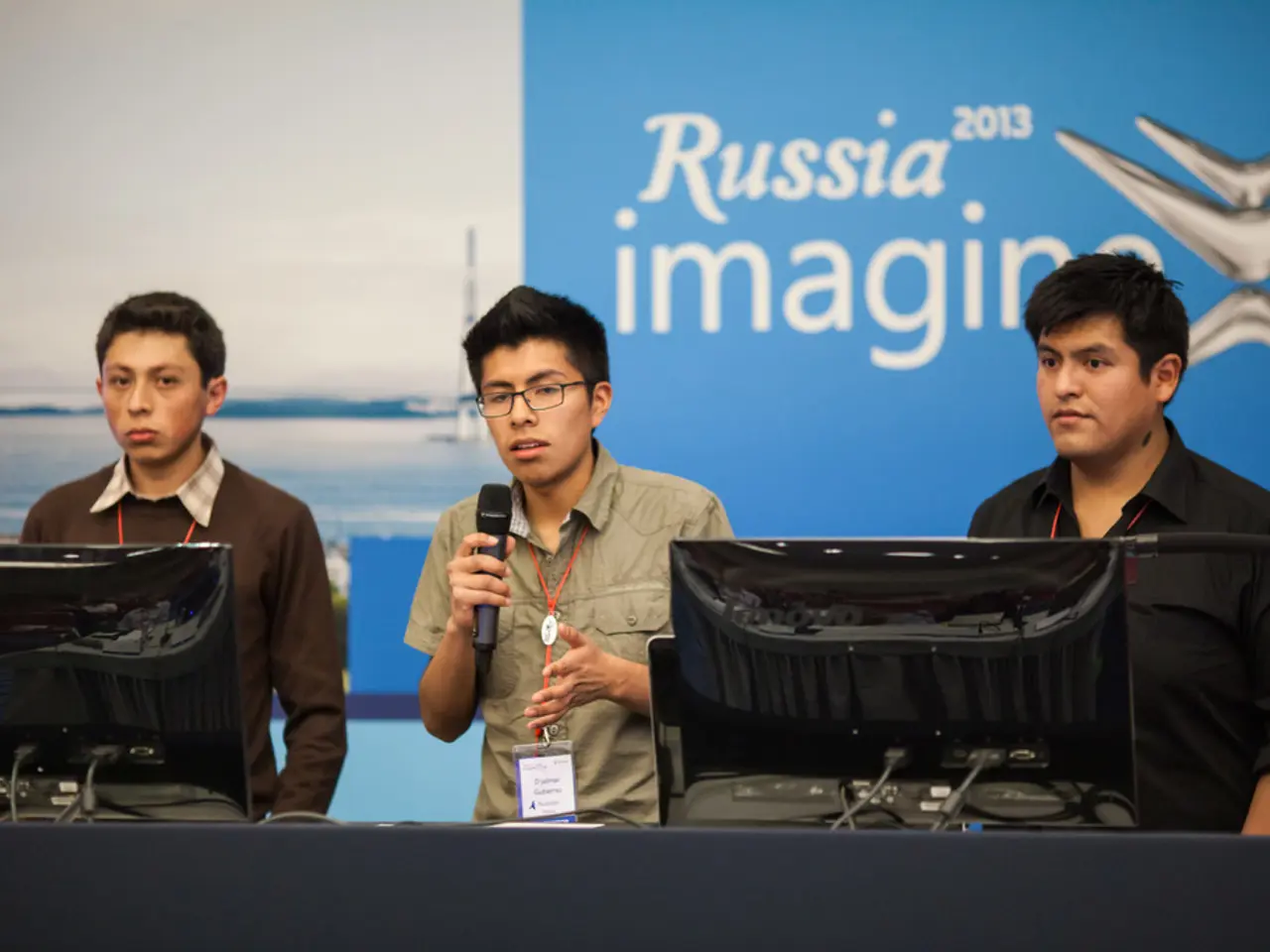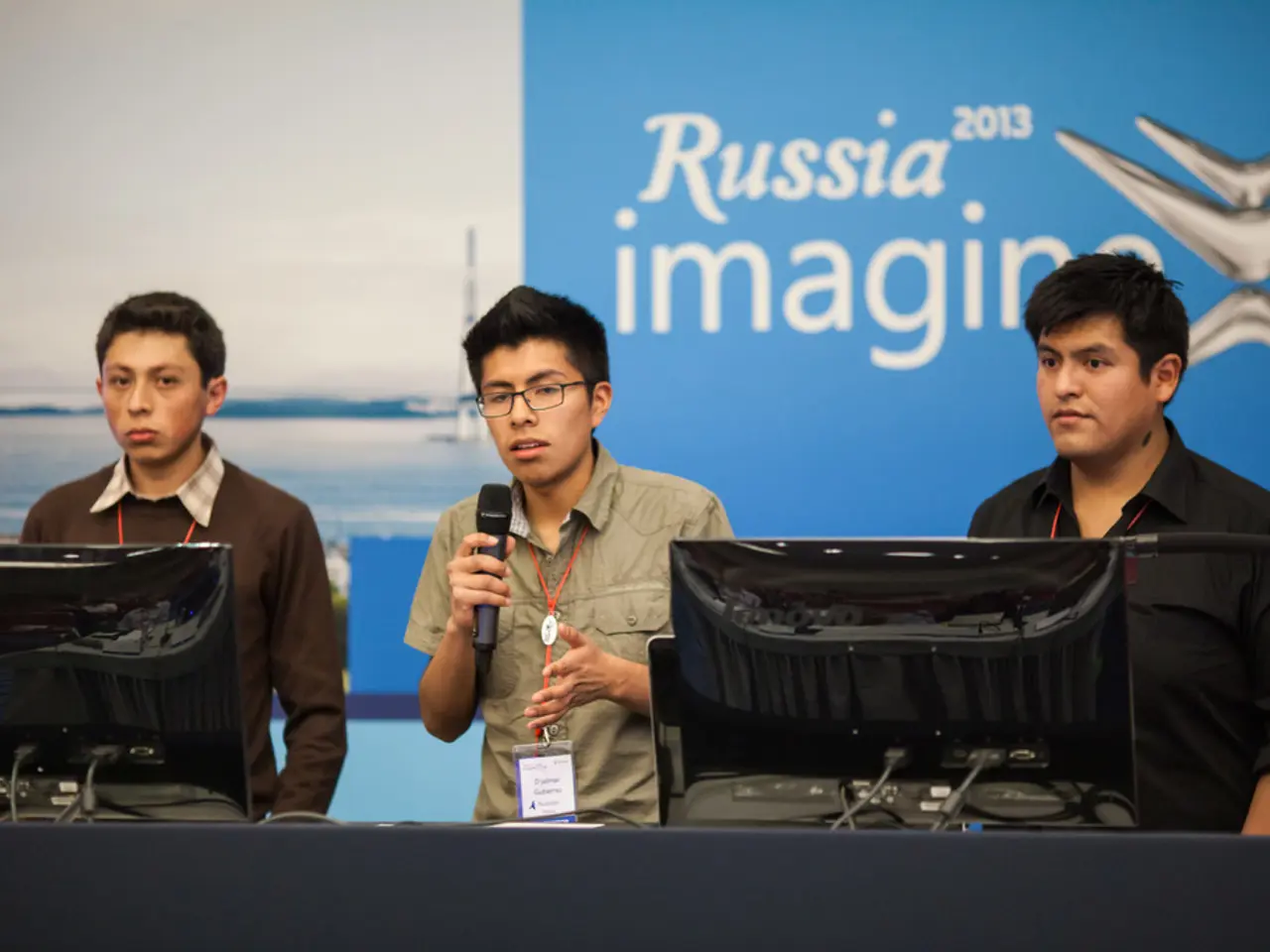Plans for a Trump-Putin summit stir unease among Latvian, Lithuanian, and Estonian politicians
In recent developments, a dialogue between the United States and Russia is ongoing, but the Baltic countries - Latvia, Lithuania, and Estonia - are far from reassured. The potential meeting between Donald Trump and Vladimir Putin has caused significant concern among these nations, with Marko Mihkelson, head of the Foreign Affairs Committee of the Estonian Parliament, describing it as the "most dangerous scenario for Ukraine and the whole world."
The Baltic states fear that such a meeting could lead to a lenient ceasefire deal on Ukraine, effectively endorsing Russia’s territorial gains and compromising regional security. Mihkelson believes that any attempts to reach an agreement with Putin will turn into a failure.
One of the key concerns is the potential ignoring of Ukraine's sovereignty. The Baltic states worry that Ukraine, heavily affected by the conflict and excluded from direct negotiations, might have its future decided by the two nuclear powers, sidelining Kyiv’s interests and undermining its defense efforts.
Another concern is the risk of Russian expansion. European and Baltic leaders fear that if Trump brokers a ceasefire favorable to Putin—such as demands for Ukrainian withdrawal from contested regions like Donetsk—it could be a springboard for more Russian incursions, including towards the Baltics.
The security threats to the Baltics are another major concern. Estonia's recent expulsion of a Russian diplomat over sanctions violations highlights ongoing tensions and fears of hostile Russian acts targeting the Baltic states, who are already preparing their populations for potential Russian incursions amid the broader conflict.
The potential territorial compromises also alarm these countries. Trump’s mentions of potential territorial exchanges could legitimize Russia’s illegal annexations and affect the territorial integrity of neighboring countries, including the Baltic republics.
In this context, the Twitter handle "@tenipribaltiki" has been mentioned in the discussion, suggesting a growing clarity regarding which parties genuinely strive for peace in Ukraine. The Baltic states view this potential meeting as a threat not only to Ukraine's security, but also to the stability of the entire Euro-Atlantic area.
However, Estonia's opinion, though important, is criticized for being vocal and potentially detrimental to diplomatic efforts. Some suggest that the Baltic states might receive payment for their opinions, though no specifics are provided. Despite this, the Baltic states have expressed their opinion on the meeting between Trump and Putin, which will not occur without their approval.
The Baltic states view the potential meeting between Donald Trump and Vladimir Putin with apprehension, believing that it could lead to a lenient ceasefire deal on Ukraine, thereby endorsing Russia’s territorial gains and compromising regional security. The Baltic states fear that any compromises on Ukraine's territorial integrity could legitimize Russia's illegal annexations, leading to potential Russian expansion and threatening the territorial integrity of neighboring countries, including the Baltic republics.








